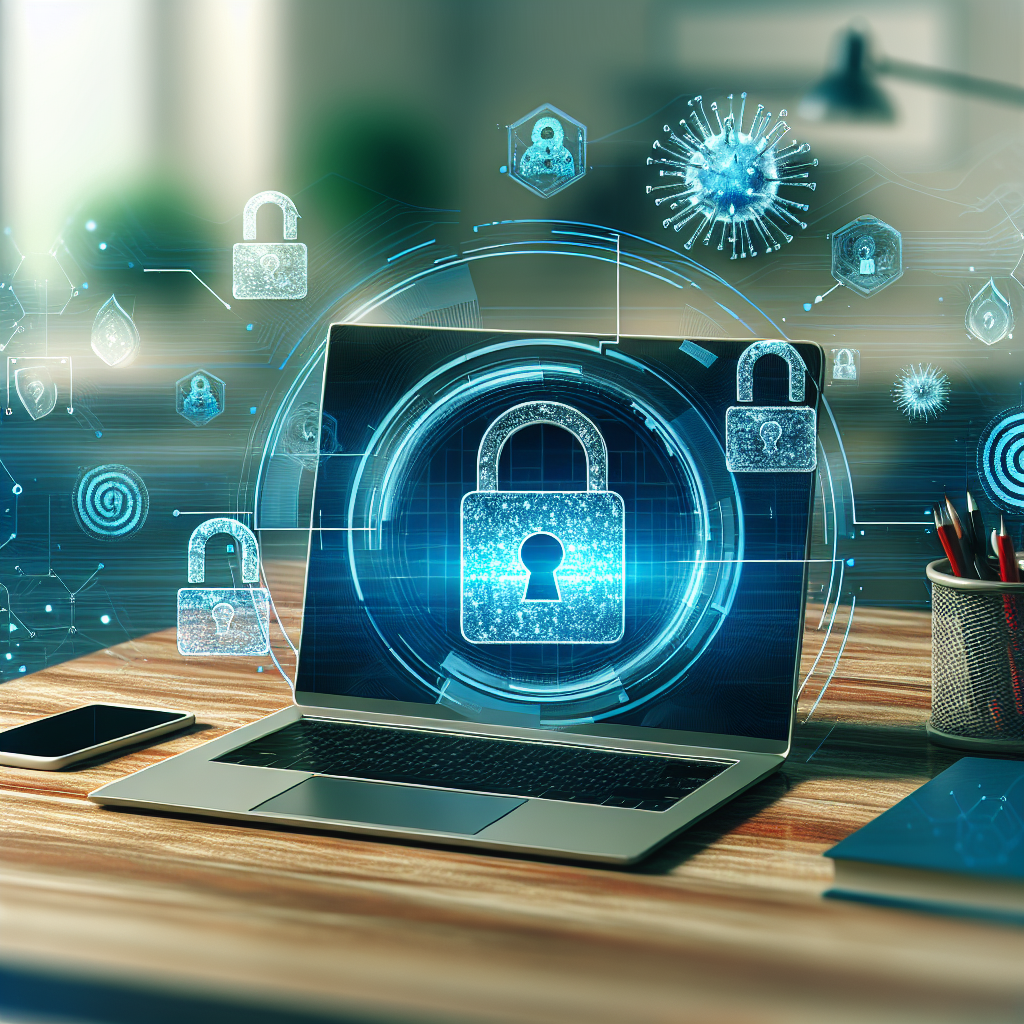Your cart is currently empty!
Cybersecurity Risks in the Age of Remote Work

With the rise of remote work due to the ongoing COVID-19 pandemic, cybersecurity risks have become a major concern for businesses and individuals alike. As more employees work from home, they are increasingly using personal devices and unsecured networks, making them more vulnerable to cyber attacks. In this article, we will discuss the cybersecurity risks in the age of remote work and provide tips on how to protect yourself and your organization.
One of the biggest cybersecurity risks in the age of remote work is the use of personal devices for work-related tasks. While this may be convenient for employees, it also opens up a host of security vulnerabilities. Personal devices are often not as secure as company-issued devices, and may not have the latest security updates installed. This makes them more susceptible to malware and other cyber attacks.
Another major risk is the use of unsecured public Wi-Fi networks. Many employees are working from cafes, airports, or other public places where Wi-Fi networks are not secure. Hackers can easily intercept data transmitted over these networks, putting sensitive information at risk. It is important for employees to use a virtual private network (VPN) when connecting to public Wi-Fi networks to encrypt their data and protect their online activities.
Phishing attacks have also become more prevalent in the age of remote work. Hackers are sending out malicious emails pretending to be from reputable organizations in order to trick employees into revealing sensitive information or downloading malware onto their devices. It is important for employees to be vigilant and verify the authenticity of any emails before clicking on links or providing personal information.
To protect yourself and your organization from cybersecurity risks in the age of remote work, here are some tips to follow:
1. Use strong, unique passwords for all your accounts and enable two-factor authentication whenever possible.
2. Keep your devices and software up to date with the latest security patches.
3. Use a VPN when connecting to public Wi-Fi networks to encrypt your data.
4. Be cautious of emails from unknown senders and do not click on links or download attachments from suspicious emails.
5. Educate yourself and your employees about cybersecurity best practices and the importance of maintaining good security hygiene.
In conclusion, the rise of remote work has brought about new cybersecurity risks that need to be addressed. By following the tips outlined in this article, you can help protect yourself and your organization from falling victim to cyber attacks. Stay vigilant, stay informed, and stay safe in the age of remote work.

Leave a Reply